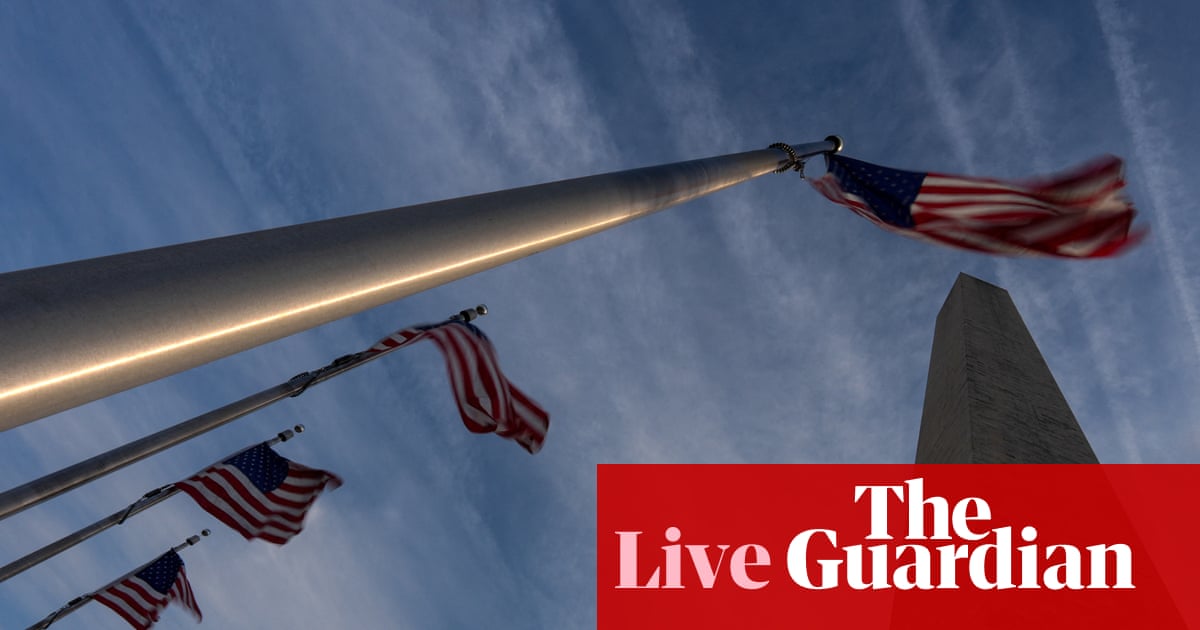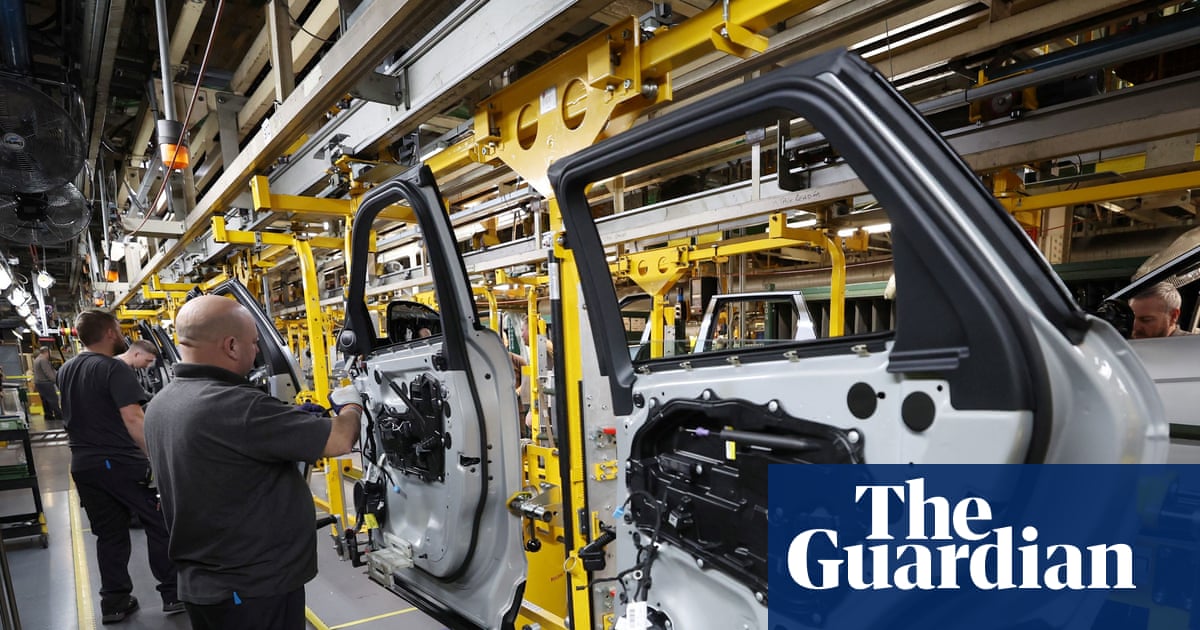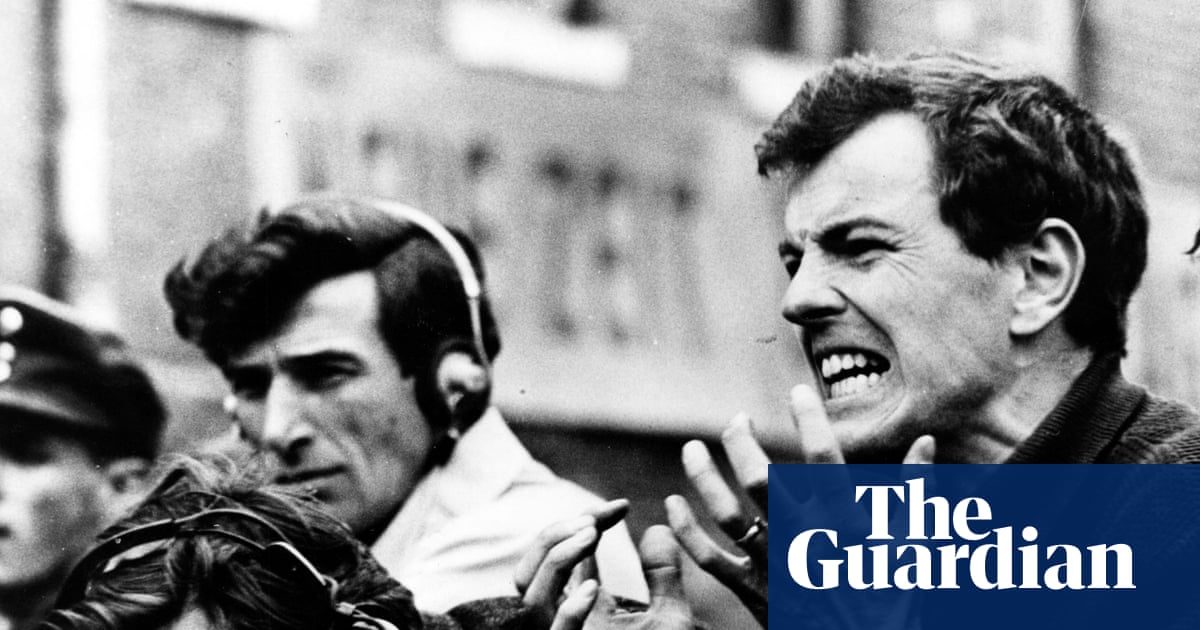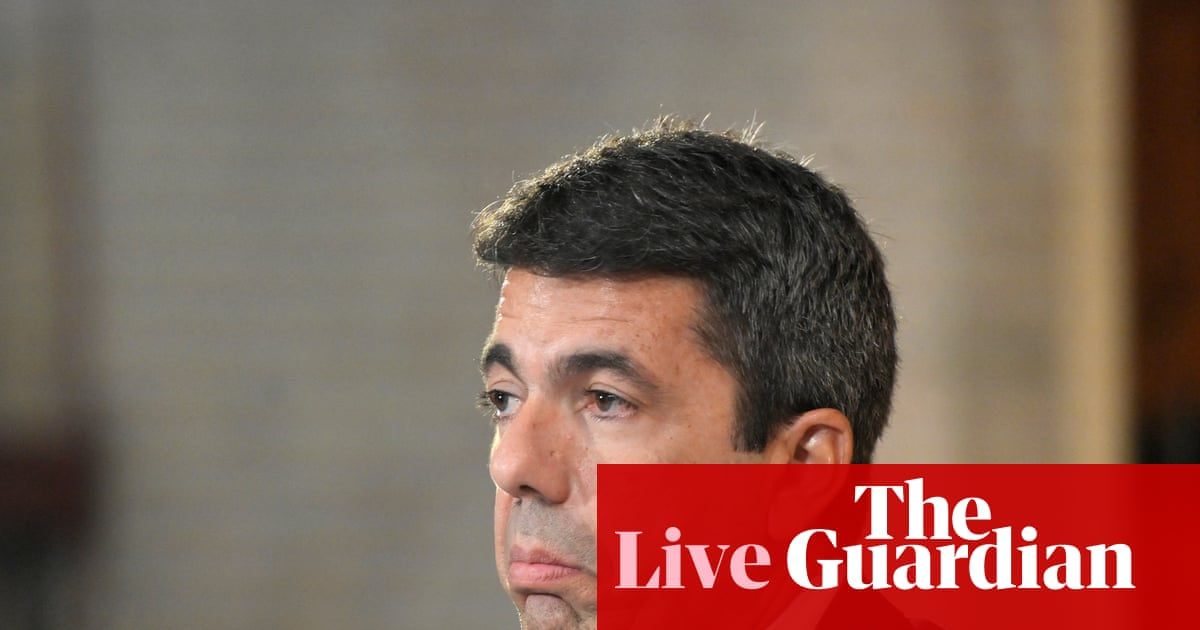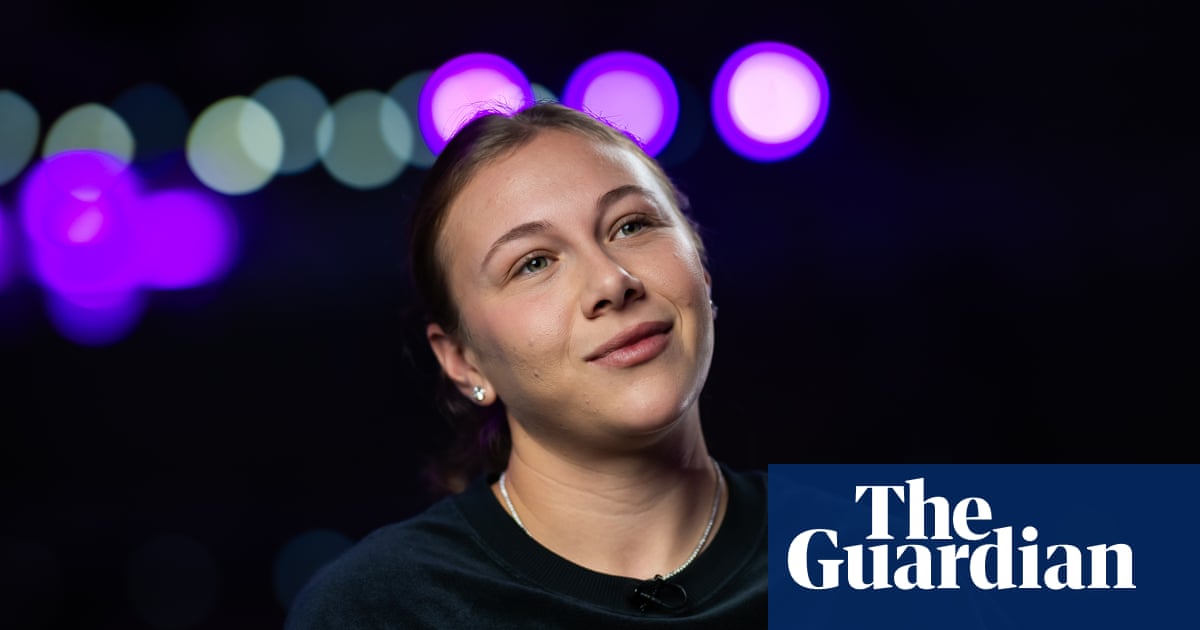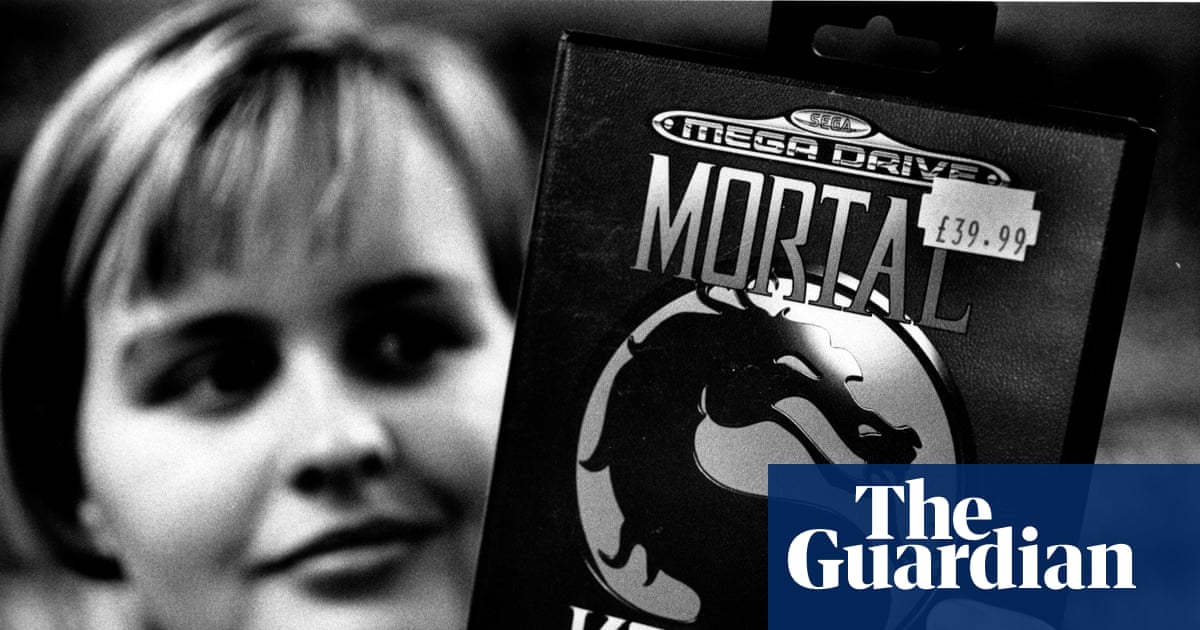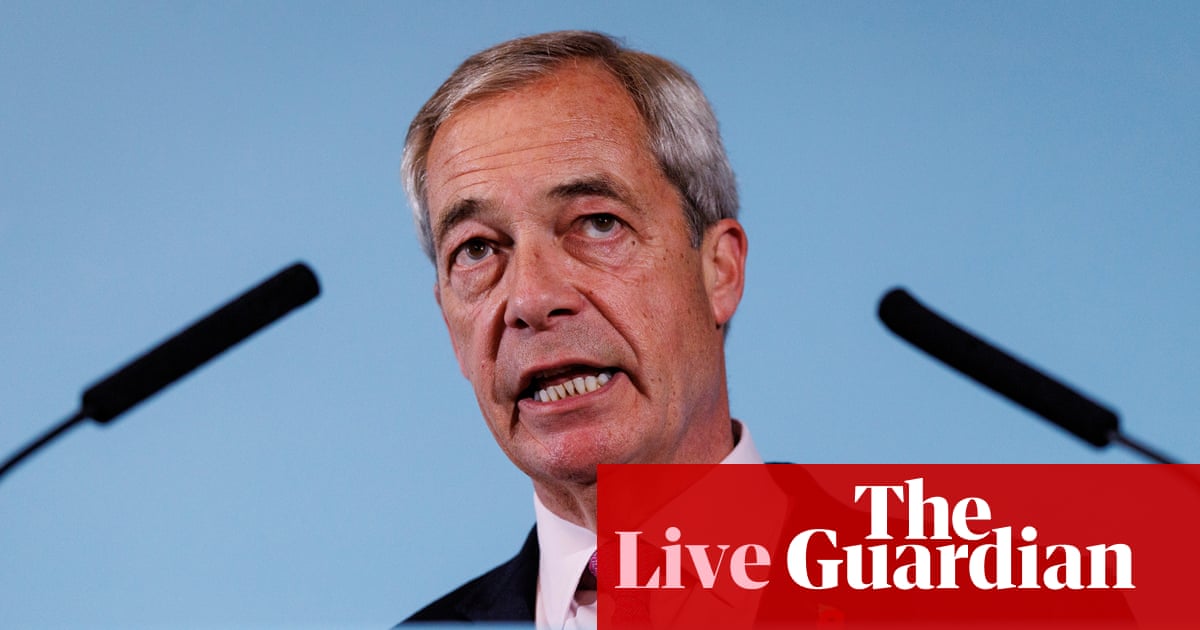The families of four passengers who died in the Air India crash in June have sued the aerospace manufacturers Boeing and Honeywell, blaming negligence and a faulty fuel cutoff switch for the disaster that killed 260 people.
Air India flight 171 crashed shortly after takeoff from Ahmedabad en route to London on 12 June.
In a complaint filed on Tuesday in Delaware superior court, the plaintiffs said the locking mechanism for the switch on the Boeing 787-8 Dreamliner could be turned off inadvertently or missing, causing a loss of fuel supply and loss of thrust needed for takeoff.
They said Boeing and Honeywell, which respectively installed and manufactured the switch, knew about that risk, especially after the US Federal Aviation Administration (FAA) cautioned in 2018 about disengaged locking mechanisms on several Boeing aircraft.
A report from a preliminary investigation into the crash by India’s Aircraft Accident Investigation Bureau (AAIB) said Air India had not conducted the suggested inspections and that maintenance records showed the throttle control module, where the fuel switches are, was replaced in 2019 and 2023 on the plane involved in the crash.
A cockpit recording of dialogue between the jet’s two pilots suggests the captain cut the flow of fuel to the plane’s engines.
The lawsuit maintains that the switches are in a place in the cockpit where they are more likely to be inadvertently pushed, which “effectively guaranteed that normal cockpit activity could result in inadvertent fuel cutoff”.
However, aviation safety experts told Reuters that they could not be accidentally flipped based on their location and design.
Boeing, based in Arlington, Virginia, declined to comment. Honeywell, based in Charlotte, North Carolina, did not immediately respond to requests for comment. Both companies are incorporated in Delaware.
The lawsuit appears to be the first in the US over the crash. It seeks unspecified damages for the deaths of Kantaben Dhirubhai Paghadal, Naavya Chirag Paghadal, Kuberbhai Patel and Babiben Patel, who were among the 229 passengers who died.
Twelve crew members and 19 people on the ground were also killed. One passenger survived. The plaintiffs are all citizens of India or the UK.
Indian and UK and US investigators have not conclusively determined the crash’s cause. The AAIB’s preliminary report in July appeared to exonerate Boeing and the engine maker GE Aerospace, but some family groups have criticised investigators and the press as too focused on the pilots’ actions.
In July, Bryan Bedford, the FAA administrator, expressed a “high level of confidence” that a mechanical problem or inadvertent movement of fuel control components was not to blame.
Although most crashes are caused by a combination of factors, legal experts say lawyers representing victims’ families tend to target manufacturers because they are not subject to the same limits on liability as airlines. Such strategies can also increase the prospect of using US courts, which are widely seen as being more generous to plaintiffs than many foreign courts.
Boeing incurred more than $20bn of legal and other costs from two fatal crashes of its 737 Max aircraft in 2018 and 2019. The best-selling plane was grounded for 20 months.

.png) 1 month ago
40
1 month ago
40
